Meagan has transitioned from dichotomous thinking and certainty as a member of the Westboro Baptist Church to the struggle of ambiguity and uncertainty outside of it. She has written the complicated journey of faith transition in an intelligent, relatable, and generous way.
I am moved by the love she allows for her family who has rejected her, the goodness she continues to see in them, and the healing she has experienced and worked so hard for. She leaves room for differences in perspective, interpretation, history, and family roots. Miraculously, there is no bitterness in her story.
She gives a fascinating insight into a fundamental religion. “They weren’t afraid of questions, because they had all the answers” (22). This quote from Megan’s memoir reminds me of the ideas about Truth surrounding the Enlightenment; Gotthold Lessing, along with other Enlightenment writers, determined that the “drive for Truth” was more desirable and honest than an answer that contained all truth. In other words, the pursuit of Truth keeps us searching, listening, and learning, while finding Truth halts our curiosity.
Another relatable realization Megan has, “I was beginning to see that our first loyalty was not to the truth but to the church . . . the church was the truth” (64). Megan now chooses to live in the middle – not the extremes. Her memoir refuses to condemn her family for what they know and she herself refuses to know anything. She’s become a curious listener instead of a knower; she’s become like me. Unanchored, drifting, listening, fascinated. Confused.
Megan’s story exposes the truth that the majority of strangers are just friends you haven’t had time to meet yet. Her church, in protecting its image, could not just be benign, they had to be right. In being right, everyone else had to be wrong. One of my favorite parts of this narrative was witnessing Megan’s realization that humanity is deeply good and that interpretation of language and situation is individual and personal. “There might be a lot more goodness in the world than I believed” (274).


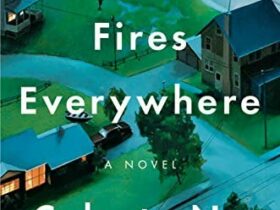
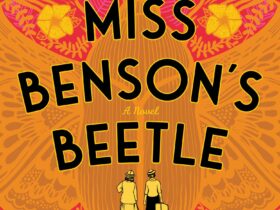
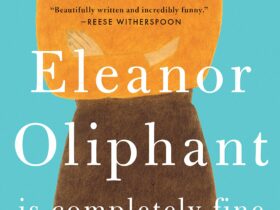

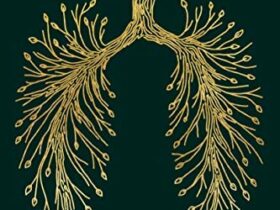

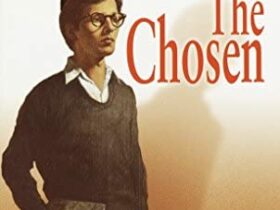
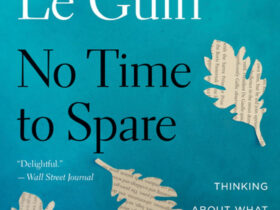

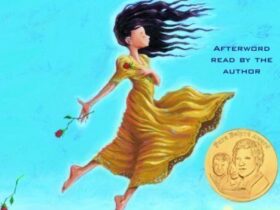
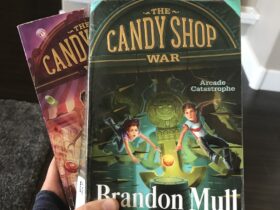
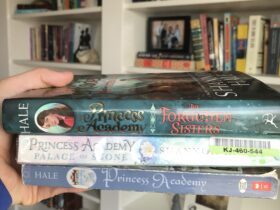
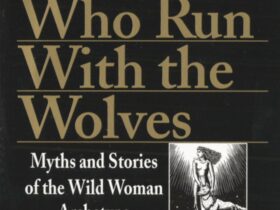





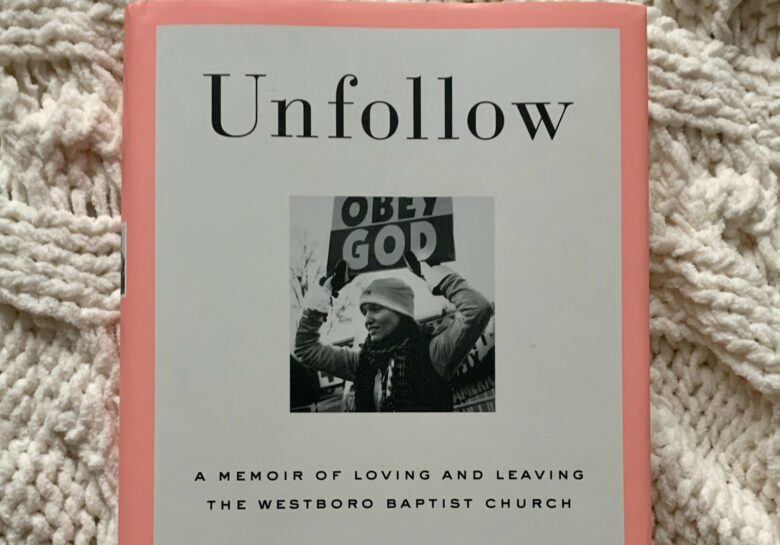
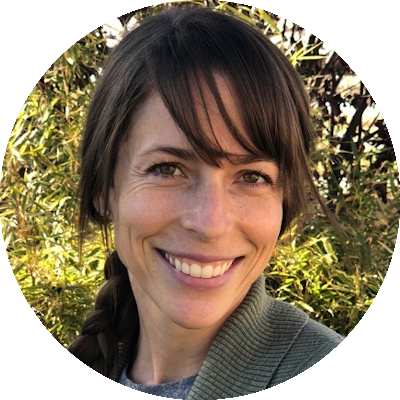
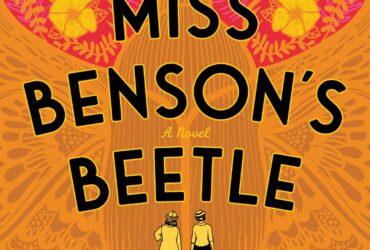

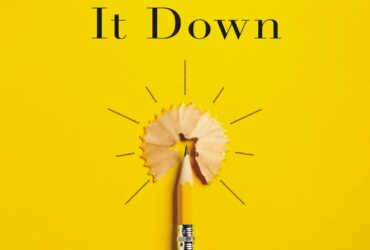
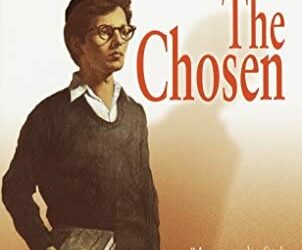
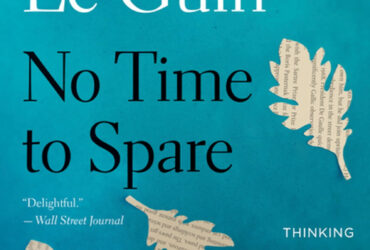
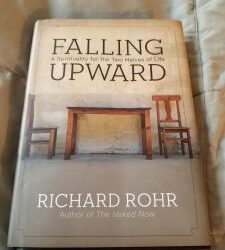
Leave a Reply